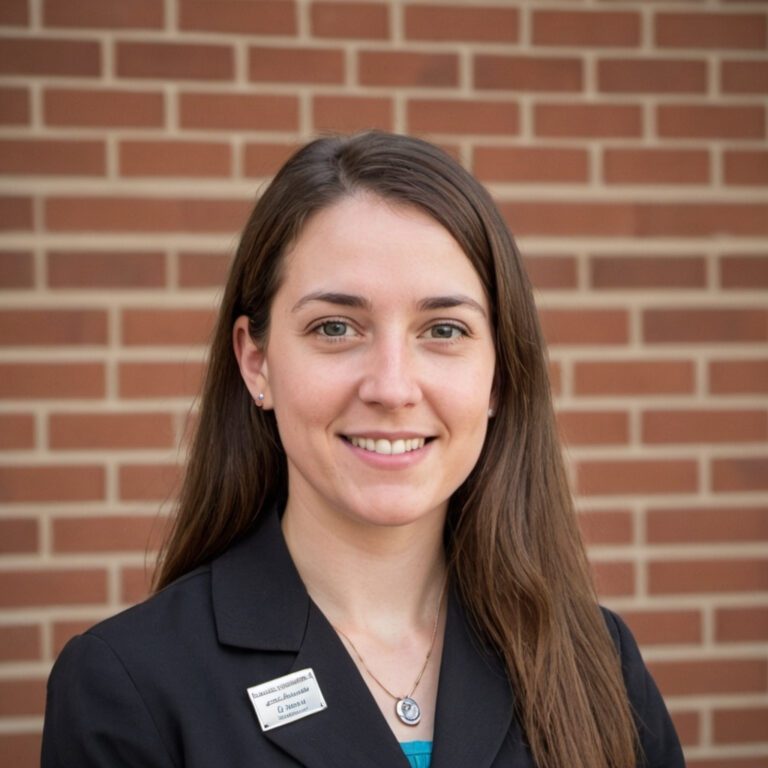How To Get A Scholarship With No Work Experience
Many students worry that a lack of work experience will hurt their scholarship applications, but this is not always the case. Scholarships often focus on academic achievements, leadership, volunteer work, and potential, rather than professional experience. Here’s how to strengthen your application:
1. Highlight Academic Excellence
- Many scholarships prioritize grades, test scores, and research work over work experience.
- Emphasize GPA, coursework, honors, and awards to show your dedication to learning.
- If you have done academic projects, research, or independent studies, mention them.
Example:
“During my studies, I maintained a 3.9 GPA and received the Dean’s Excellence Award for my research in renewable energy.”
2. Showcase Leadership and Extracurricular Activities
- If you’ve been involved in student government, clubs, or organizations, highlight leadership roles.
- Participation in competitions, debates, hackathons, or Olympiads can showcase your skills.
Example:
“As the president of my university’s Science Club, I organized workshops that engaged over 300 students in hands-on STEM activities.”
3. Emphasize Volunteer Work and Community Service
- Scholarships often value social impact, so include volunteer work.
- Highlight your role, impact, and how it shaped your skills.
Example:
“I volunteered as a tutor for underprivileged students, helping them improve their math skills and confidence.”
4. Focus on Skills and Achievements
- If you lack work experience, showcase skills gained through internships, workshops, or personal projects.
- Mention any relevant certifications, language proficiency, or technical skills.
Example:
“I completed an online certification in Data Science and applied my skills by analyzing climate change patterns using Python.”
5. Write a Strong Statement of Purpose
- Clearly explain your goals and why you deserve the scholarship.
- Show your passion, determination, and how the scholarship aligns with your aspirations.
Example:
“This scholarship will enable me to pursue my dream of becoming an environmental scientist, helping to create sustainable solutions for communities worldwide.”
6. Get Strong Recommendation Letters
- Request letters from professors, mentors, or community leaders who can speak about your potential.
- A strong letter can compensate for the lack of work experience.
7. Apply for Scholarships That Don’t Require Work Experience
- Many undergraduate, merit-based, and need-based scholarships focus on academics and leadership rather than work experience.
- Look for government, university, and private scholarships designed for students with little or no job history.







